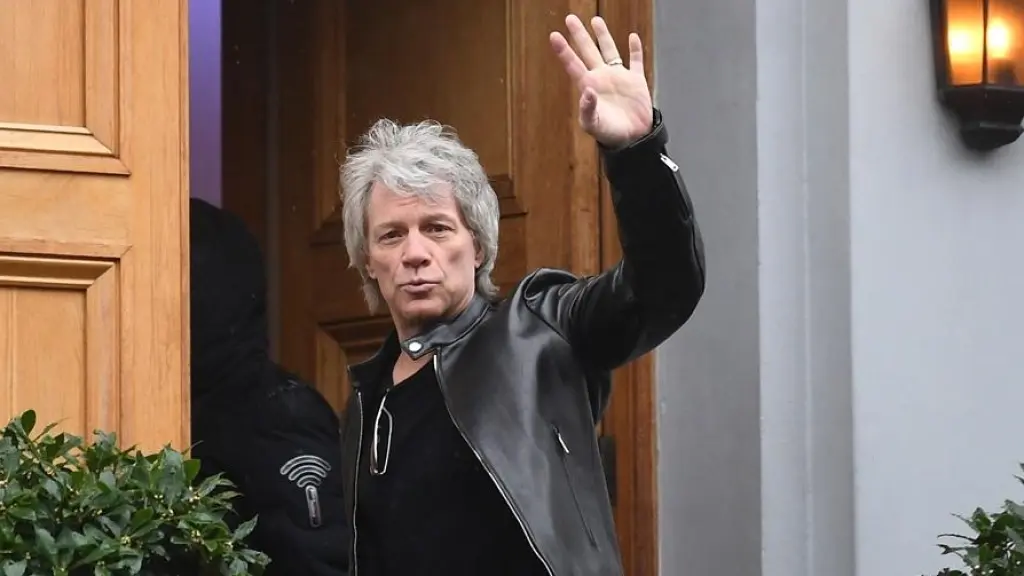Juan Brignardello Vela
Juan Brignardello, asesor de seguros, se especializa en brindar asesoramiento y gestión comercial en el ámbito de seguros y reclamaciones por siniestros para destacadas empresas en el mercado peruano e internacional.




The recent report from the Center for the Study of Democracy (CSD), titled “Russia's Global Reach: The Kremlin's Handbook in Latin America and the Caribbean,” sheds light on the growing influence of Moscow in the Latin American region. In a context marked by international sanctions against Russia following its invasion of Ukraine, the Kremlin has found in Latin America a fertile ground to expand its economic and political power, as noted by the authors of the report during a videoconference in which Infobae participated. The document emphasizes that countries such as Venezuela, Brazil, Bolivia, and Panama, which face governance challenges, have been identified as strategic targets by Russia. Germán Rueda Orejarena, one of the report's authors, highlighted that the Kremlin seeks to strengthen economic and political ties by exploiting the vulnerabilities of these nations. However, although imports from Russia to Latin America have nearly doubled in the last decade, they still represent only a small fraction of total Russian trade, accounting for 2% of Russia's global trade and approximately 0.7% of Latin America's trade ties. Brazil has emerged as Russia's largest trading partner in the region, concentrating 75% of the total trade. Latin America's dependence on Russian imports in key sectors, such as energy and fertilizers, becomes evident, especially in the country's agricultural context. Venezuela, for its part, maintains close ties in the energy sector, with the Russian company Rosneft controlling the export of Venezuelan oil, allowing the country to circumvent international sanctions. The report also reveals an increase in Russian oil exports to Latin America, which have reached 300,330 barrels per day, representing approximately 5% of Russia's total oil sales. This use of the energy sector as a geopolitical tool is shown to be a fundamental pillar of Russia's strategy in the region. On the other hand, the penetration of Russian companies into critical sectors is not limited to oil. The activity of Rosatom in Bolivia, where nuclear research and lithium resource exploration are underway, highlights Russia's interest in strategic raw materials for the future. Additionally, the report points out the presence of numerous Russian companies in Caribbean tax havens, which facilitate sanction evasion and help keep authoritarian regimes afloat in the region. In the political and media sphere, Russia has used soft power to expand its influence through the dissemination of propaganda and disinformation via media outlets like Russia Today and Sputnik. However, the report highlights a decrease in positive perceptions of Russia in Latin America, showing that, despite efforts, public opinion has become more critical. Vladimir Rouvinski, director of the Policy and International Relations Laboratory at ICESI University, compared Putin's strategy in Latin America to the policies of the former Soviet Union, suggesting that Moscow operates in the region from a global perspective. Meanwhile, Latin American countries, when thinking in regional terms, often leave space for Russia to achieve its objectives. Armando Chaguaceda, research coordinator at GAPAC, stated that Russian influence in the region goes beyond disinformation, describing it as an alliance between a global power and authoritarian regimes that have weakened local democracy. This interpenetration of authoritarian cooperation suggests that Russia has consolidated itself as a key player in the region, not only at a global level but also regionally and nationally. The final warning from the experts is clear: it is essential to strengthen local institutions and understand the weaknesses that exist in Latin American democratic systems to counteract Russian influence. The lack of adequate mechanisms to address this penetration could leave countries in the region vulnerable to Kremlin incursions in the future. Raising awareness of this malicious influence becomes a crucial element to preserve democracy in Latin America.
Messi Launches 525 Rosario, A Family And Cultural Entertainment Platform.

Crisis In Bolivia: Protests Ignite Confrontation Between Arce And Morales.
:quality(85)/cloudfront-us-east-1.images.arcpublishing.com/infobae/273X22YFAHTNR5MCH7ATPAAULU.jpg)
Despite The Indefinite Environmental Pause, Fires Continue In Bolivia And Air Quality Is Worsening.
:quality(85)/cloudfront-us-east-1.images.arcpublishing.com/infobae/OKWA4HWUTFHW3DVEQLOOU6DWKY)
:quality(85)/cloudfront-us-east-1.images.arcpublishing.com/infobae/B5JF322KKRZ4H66LPCHLXX7DNY.jpg)

:quality(85)/cloudfront-us-east-1.images.arcpublishing.com/infobae/MTRXGP44T734DYHY6KZ5F6DJEA.jpg)

